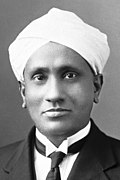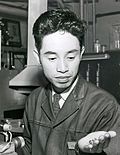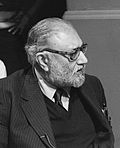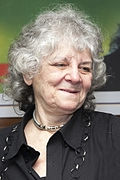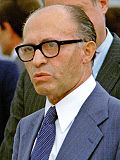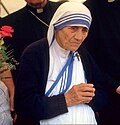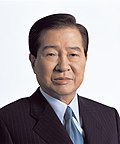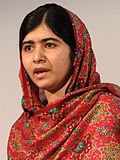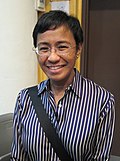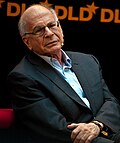This article needs additional citations for verification .(December 2018) |
The Nobel Prize is an annual, international prize first awarded in 1901 for achievements in Physics, Chemistry, Physiology or Medicine, Literature, and Peace. An associated prize in Economics has been awarded since 1969. [1] Nobel Prizes have been awarded to over 800 individuals. [2]
Contents
- Physics
- Chemistry
- Physiology or Medicine
- Literature
- Peace
- Economics
- Non-Asian born Laureates of Asian descent
- Non-Asian Laureates born in Asia
- See also
- References
Asians have been the recipients of all six award categories: Physics, Chemistry, Physiology or Medicine, Literature, Peace, and Economics. The first Asian recipient, Rabindranath Tagore, was awarded the Literature Prize in 1913. In 1930, C. V. Raman became the first Asian recipient of a Nobel Prize in one of the sciences. The most Nobel Prizes awarded to Asians in a single year was in 2014, when five Asians became laureates. The most recent Asian laureates, Japanese scientists Shimon Sakaguchi and Susumu Kitagawa, and Jordanian-Palestinian scientist Omar M. Yaghi, were awarded their prize in 2025.
To date (2025), there have been sixty-seven Asian winners of the Nobel Prize, including thirty-two Japanese, fourteen Israeli, nine Indian (not including non-Indian Laureates born in India) and eight Chinese (not including non-Chinese Laureates born in China). The list does not include Russians.
